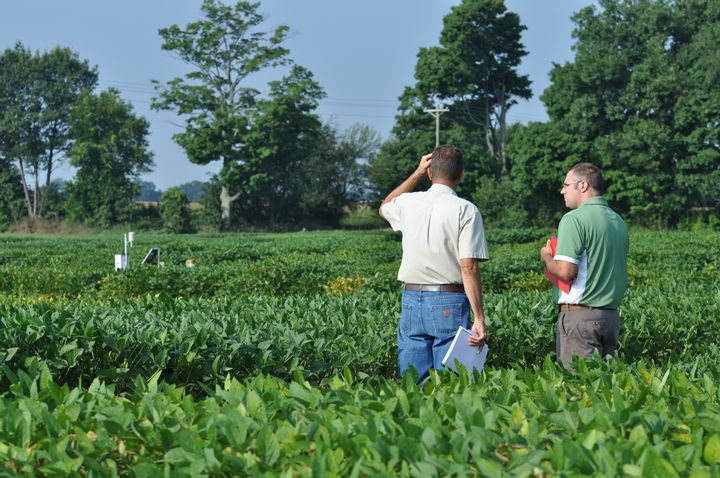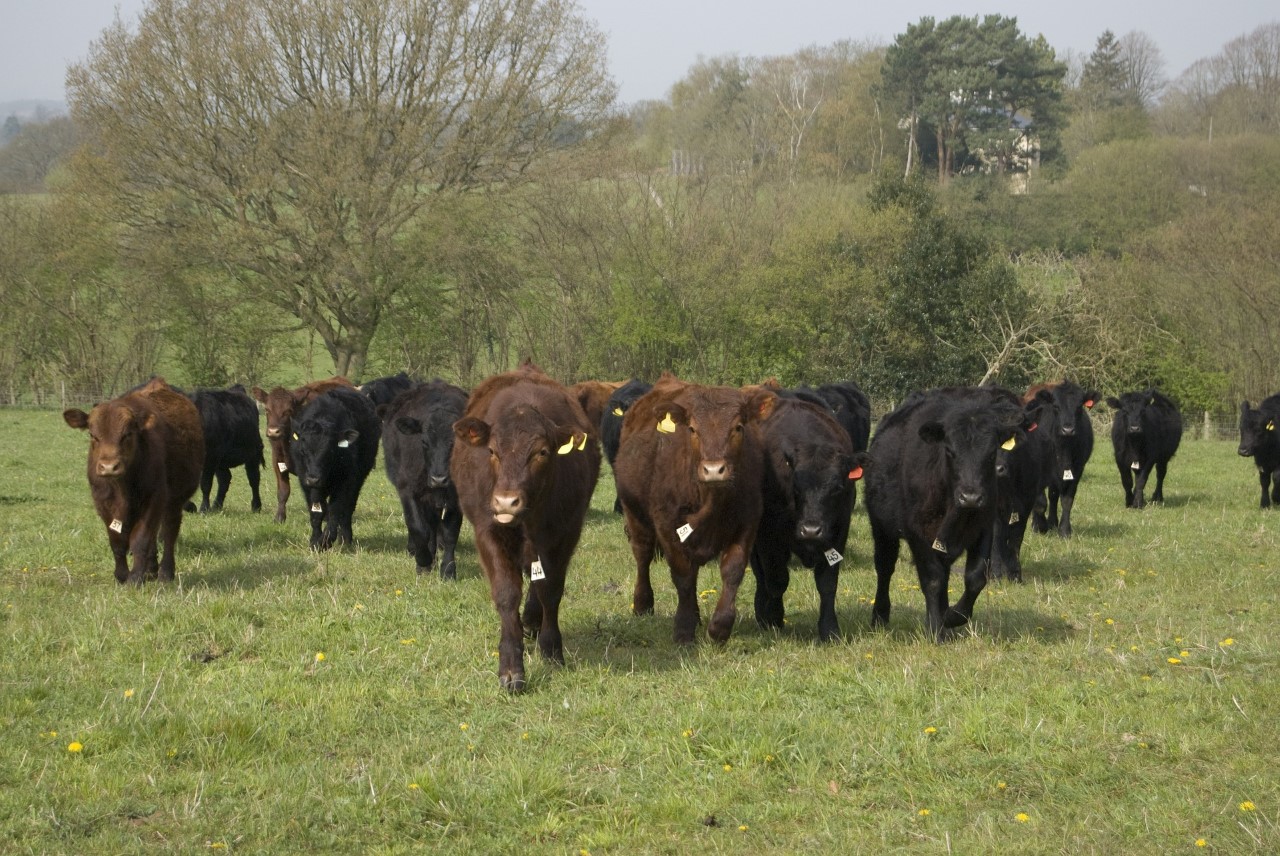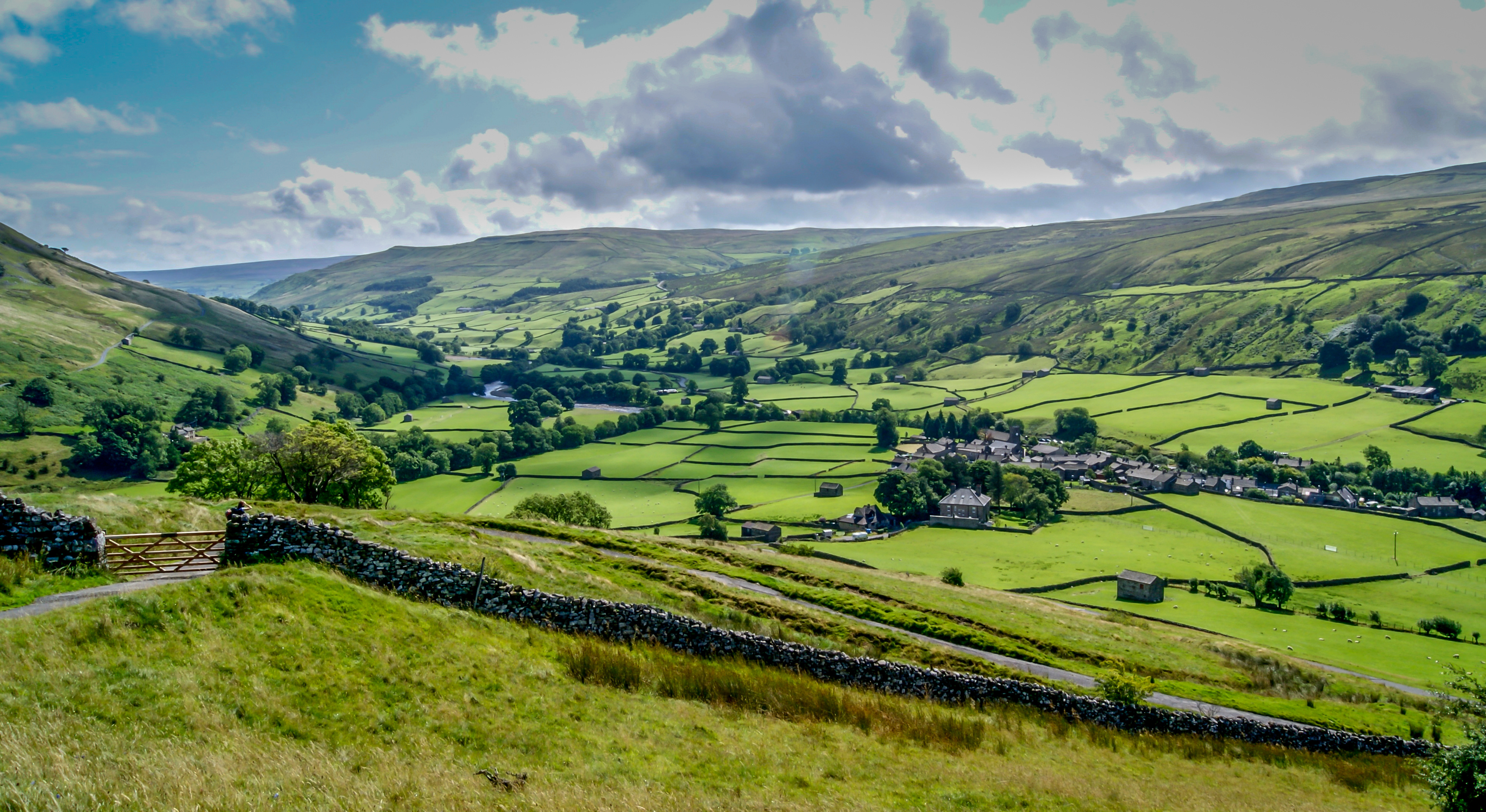



UK's Rural Payments Agency fulfilled 98 percent of BPS claims despite pandemic challenges
The Rural Payments Agency (RPA) has delivered its best ever December payment performance, paying 98 percent of claims filed under the Basic Payment Scheme (BPS).Payments during December were made to around 82,500 eligible claimants and were worth more than £1.77 billion in total, making it the best performance since the scheme opened in 2015.
In addition the RPA brought forward more full Countryside Stewardship (CS) and Environmental Stewardship (ES) payments in December, with just under 68 percent of eligible CS revenue and just over 57 percent of ES claims paid, totalling £67 million. There was also an increase in the number of CS 2021 agreements issued with over 63 percent of applicants receiving their offers by the end of the year.

RPA Chief Executive, Paul Caldwell, said:
"We understand how important our services are to farmers and land managers across the country and I’m pleased that we have been able to show year on year improvements.
“It has been a difficult year for many and I am pleased that we have shown our commitment to agricultural and rural communities, and to those that have kept the nation fed during such challenging times.”
After a difficult year the RPA extended further support to customers by delivering a range of services to agricultural and rural communities across the country while the majority of staff worked from home.
Earlier in the year the RPA supported the Dairy Response Fund. As some dairy farmers faced financial difficulties and excess milk due to the coronavirus outbreak and the closure of hospitality, the new fund provided grants of up to £10,000 to help dairy farmers most in need of support to sustain their business and maintain animal welfare. Working closely with Farming Help Organisations the RPA implemented enhanced support measures for vulnerable farmers that allowed them to submit their paperwork in a timely manner.

The agency also issued 236 eligible agreements under the Flood Recovery Fund worth £1.7 million to support farmers who suffered uninsurable damage to their property in the devastating floods in November 2019.
In light of the disruption caused by the coronavirus outbreak the RPA took the decision to extend the window to submit applications for the Basic Payment Scheme (BPS) and make a claim for Countryside Stewardship (CS), Environmental Stewardship (ES) and woodland legacy revenue payments by one month. This gave farmers and their agents an extra month to submit applications and claims, helping them to avoid penalties for late applications.
Through the launch of the third round of the popular Countryside Productivity Small Grants scheme worth £25m, the RPA helped rural businesses invest in equipment, technology and infrastructure that will not only boost productivity, but also deliver significant environmental benefits. This means that £60 million has been allocated to farmers investing in technology to boost their productivity since the scheme opened in 2018.
This effort to improve and simplify the way the agency delivers for its customers will continue throughout the Agricultural Transition Period as the RPA will be at the forefront of this change in agricultural policy. It will support the opening of the applications for the Environmental Land Management scheme National Pilot - the cornerstone for developing and co-designing the final Environmental Land Management scheme.

The launch of the National Pilot in late 2021 will involve up to 5,500 farmers over a three-year period and will build on the lessons from the 68 live tests and trials being carried out by farmers across England to assess how the fundamental building blocks of the scheme will work on the ground. This will ensure that the new scheme delivers for our farmers and land managers, as well as delivering greener, cleaner landscapes and reversing the decline of some of our most cherished species.
An improved Countryside Stewardship scheme will open to applications for 2022 agreements in early February 2021 - an important stepping stone for many farmers ahead of the full roll-out of the future Environmental Land Management scheme, expected in late 2024.
Steps will be taken to simplify the administration of the scheme, making it easier for more people to take part whilst it remains open to new applications for the first few years of the agricultural transition period. This will help them to springboard into the future scheme, which will reward them for delivering environmental outcomes, such as those already paid for by the Countryside Stewardship scheme.


